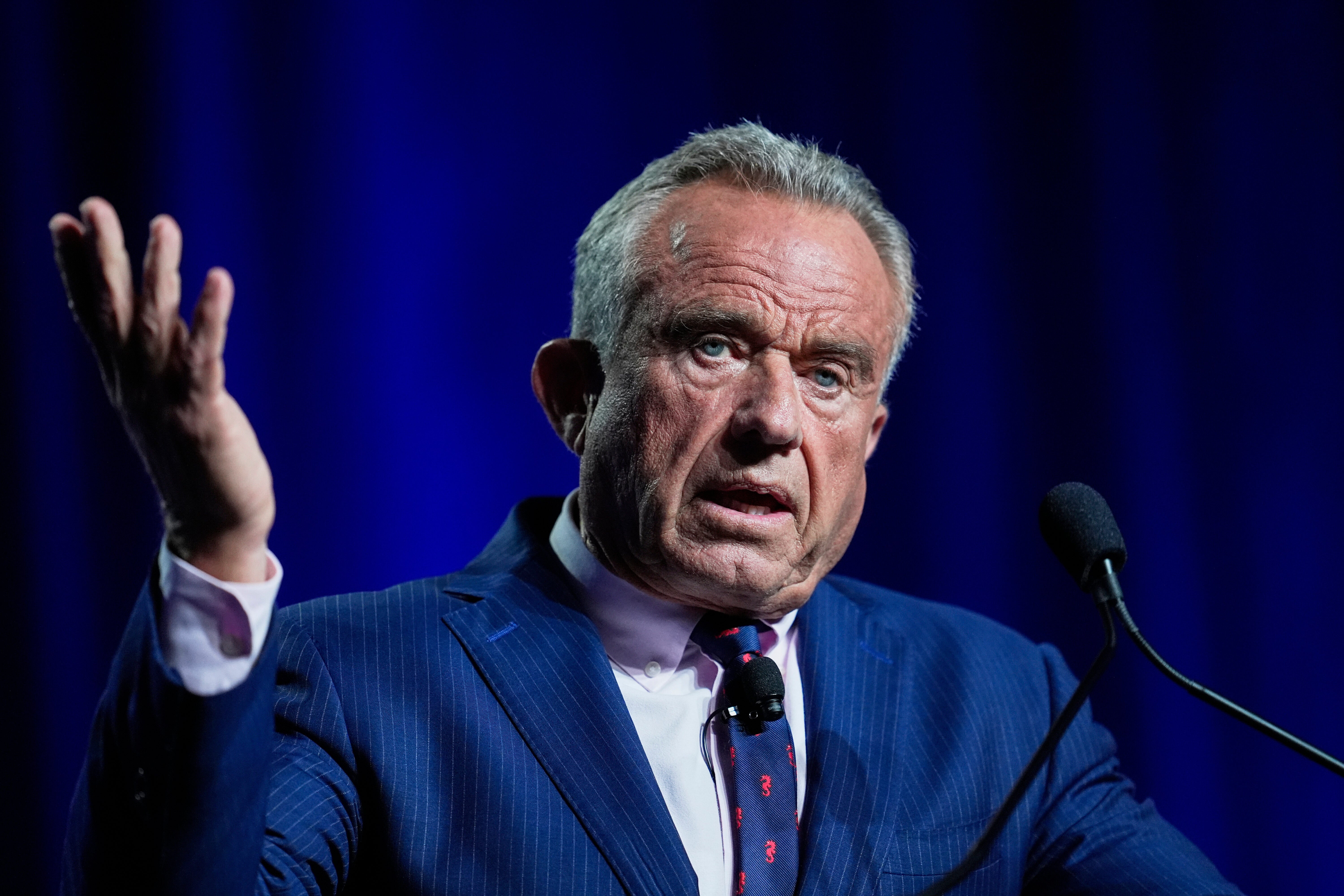ARTICLE AD BOX
Major drug manufacturers have already spent over $3 million lobbying the government to clamp down on copycat versions of weight-loss drugs, records show.
Novo Nordisk, the maker of Ozempic and Wegovy, has hired multiple lobbying firms to persuade lawmakers to take a harder line on companies producing versions of the drugs that have not been approved by the Federal Drug Administration, according to Politico.
Earlier this year, the FDA declared the end of a years-long shortage of semaglutide (Ozempic), which had given rise to the number of counterfeit and unapproved versions of the medicine.
Those versions, known as compounded drugs, are “can be risky for patients, as unapproved versions do not undergo FDA’s review for safety, effectiveness and quality before they are marketed,” the agency’s website states.
.jpg)
According to a review of lobbying records by Politico, in the first quarter of this year Novo Nordisk spent $3 million on lobbying. Fellow manufacturer Eli Lilly, which makes the weight-loss drugs Zepbound and Mounjaro, also spent $3 million on lobbying in general.
The two companies hired more than 10 lobbying firms, including Avoq, Holland and Knight and Williams and Jensen, to help them, the outlet reported.
In a statement shared with The Independent, a spokesperson for Novo Nordisk said: “Novo Nordisk has publicly and openly advocated for changes to our health care system to benefit patients, and as part of those efforts, we participate in advocacy and stakeholder engagements.
“Our business practices fully comply with applicable law and reflect our unwavering commitment to ethical business conduct.”

Eli Lilly declined to comment.
When the FDA announced shortages of Wegovy in March 2022 and for Wegovy and Ozempic in August 2022, manufacturers of compounds (compounders) were legally permitted to make them using ingredients sourced from FDA-approved makers.
Now that the shortage has been declared over, unapproved versions have been prohibited, although the FDA has allowed extra time for compounders to wind down operations and customers to alter their treatments.
An added complication for the companies and their lobbyists is that Robert F Kennedy Jr, the Health and Human Services Secretary, has previously spoken out against the use of weight-loss drugs.

In October, Kennedy was asked about a study suggesting Ozempic might show promising addressing conditions including drug abuse, sleep apnea, and cognitive decline. The newly appointed health secretary claimed drugmakers were trying to sell the drug to Americans “because we’re so stupid and so addicted to drugs.”
Lobbyists are trying to adapt their pitches accordingly. “While medicine isn’t always the answer, sometimes lifestyle and diet are not enough to prevent or treat chronic diseases like obesity,” Shawn O’Neail, an in-house lobbyist for Eli Lilly, told Politico.
“That’s where medicine can make a positive difference as part of a well-rounded approach to chronic disease.”









 English (US) ·
English (US) ·